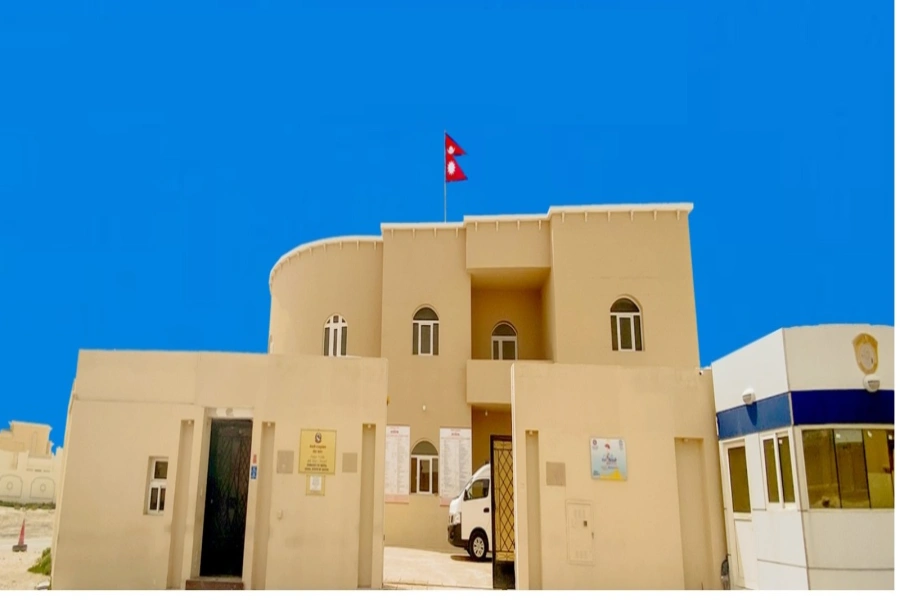KATHMANDU, June 13: End of transportation syndicates was expected to promote fair competition among truck and transport operators, bringing down transportation cost. But this has not happened, industrialists say.
The official end of transportation cartels has not lowered transportation cost as expected, and syndicates continue to exist in one form or the other, according to industrialists in Biratnagar, Birgunj and Bhairahawa that Republica talked to.
Truck operators had initially lowered transportation cost marginally after transport entrepreneurs agreed to end all forms of syndicates on May 7. But it lasted for about a week only.
In addition to making public transportation easier, the end of transportation syndicates was expected to lower price of consumable goods providing some relief to consumers. But price of consumable goods have increased instead.
NCC welcomes govt move to end syndicates

Talking to Republica, Saroj Paudel, an official of Arghakhanchi Cement Pvt Ltd based in Bhairahawa, said that transportation costs per 10 tons of cement from Bhairahawa to Kathmandu had initially come down by Rs 4,000 to Rs 20,000 after the end of syndicate. “But it lasted for only about a week. Now, truck operators are again charging Rs 24,000 per trip,” Paudel said, adding that syndicate was still existing in one form or the other.
Earlier, tucks were being operated on a rotational basis by a committee formed by truck owners. All the trucks owner used to charge rate fixed by the committee. Though such committees were declared void by the government, they continue to operate in one way or the other, say industrialists.
Similarly, Subodh Gupta, who runs a rice mill in Birgunj, said industrialists like him have seen only a marginal drop in transportation cost. “Though costs initially come down slightly, the mindset of truck operators is still the same,” he added.
Truck operators currently charge Rs 25,000 to transport 10 tons of goods from Birgunj to Kathmandu. Transport cost before transportation syndicates were declared illegal was also the same.
Mahesh K Jaju of Biratnagar-based Asian Thai Foods Pvt Ltd said that cost to transport goods to Kathmandu has increased by Rs 5,000 to Rs 35,000. “The rise in transport cost is partially due to the fact that truck operators do not give much priority to Biratnagar which is at the last point of service compared to Chitwan or Birgunj,” said Jaju.
Truck operators, however, denied overcharging industries. Rather, they attribute the rise in transportation fare to hike in diesel price which has increased by Rs 24 per liter over the past five months.
Rajendra Shrestha, who was also the general secretary of Federation of Truck and Tanker Entrepreneurs Association Nepal before such bodies were declared illegal by the government, said that the fares that truckers were charging were less than the fares fixed by the government. “This is because of competition among truck operators. The marginal hike in transportation fare is due to increment in the price of diesel,” added Shreshta.
Meanwhile, traders and suppliers have recently increased the price of commodities in Kathmandu and major cities citing reasons like additional taxes and the decision to end tax rebates announced through the budget tabled in the parliament two weeks ago.


































